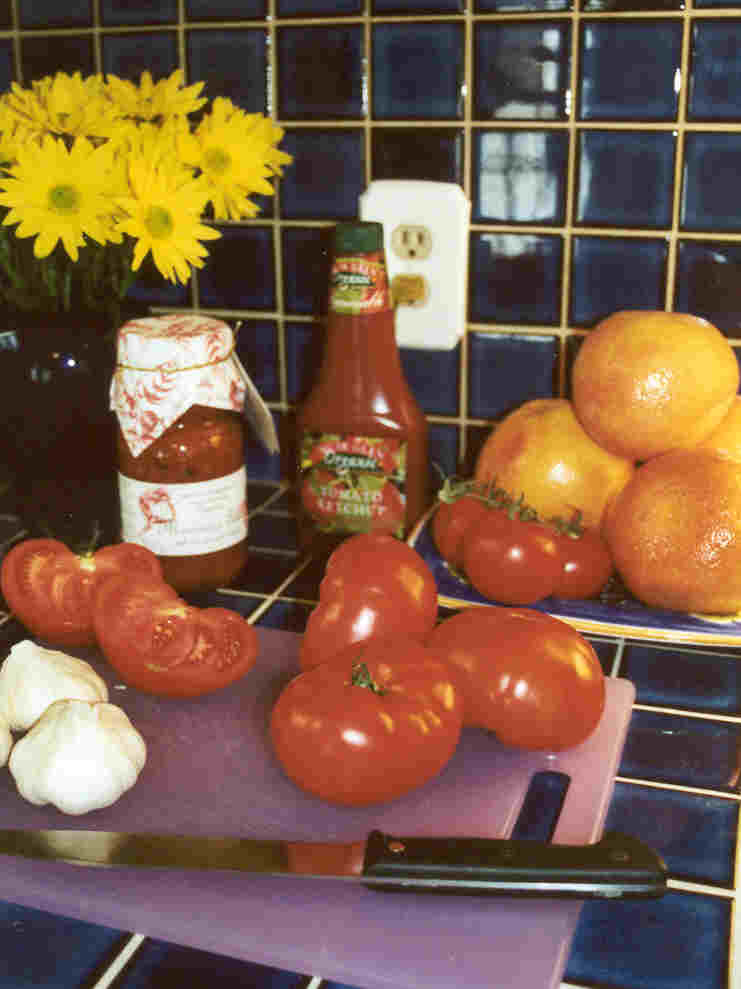Prostate dysfunction has been called a nutritional disease. It is much more common in developed Western countries that emphasize animal-derived foods, such as red meat, dairy products, and eggs, all foods that tend to accumulate environmental toxins. In contrast, fruit- and vegetable-rich diets exert a protective effect. Physical disability, especially spinal cord injury or multiple sclerosis, in men often results in significant sexual dysfunction. Under such circumstances, the last thing one needs is to have these sexual problems further aggravated by prostate disorders.
Affecting not just elderly men, prostate disorders are much more common than would be expected in middle-aged individuals. For example, over half of 40-59 year-old me n have enlarged prostates, and, although most will not develop clinically significant disease, one fourth of 50-year olds have some cancerous cells in their prostate.
n have enlarged prostates, and, although most will not develop clinically significant disease, one fourth of 50-year olds have some cancerous cells in their prostate.
Due to the problem’s magnitude, this article’s purpose is to highlight various prostate-enhancing nutritional, herbal, or alternative medicine approaches that may help one avert more serious pharmaceutical and surgical therapies. Using these preventive approaches should not, however, lull one into foregoing regular prostate-screening exams.
The prostate, located below the bladder, is a walnut-size gland that produces seminal fluid. Because the gland surrounds the urethra that drains the bladder, prostate disorders often affect urination. The three most common disorders are 1) an inflammatory infection called prostatitis; 2) benign prostatic hyperplasia (BPH), a prevalent non-cancerous enlargement of the prostate; and 3) cancer, the most frequent male malignancy.
In contrast, men who consume tomatoes, tomato-based foods (e.g., ketchup, pasta, etc.), guavas, watermelon, and pink grapefruit are reportedly less likely to get prostate cancer. These foods contain a powerful antioxidant agent called lycopene (see www.lycopene.org) that gives them their characteristic red color. Available as a nutritional supplement, lycopene not only prevents prostate cancer but also may reduce existing tumor size.
0 comments:
Post a Comment